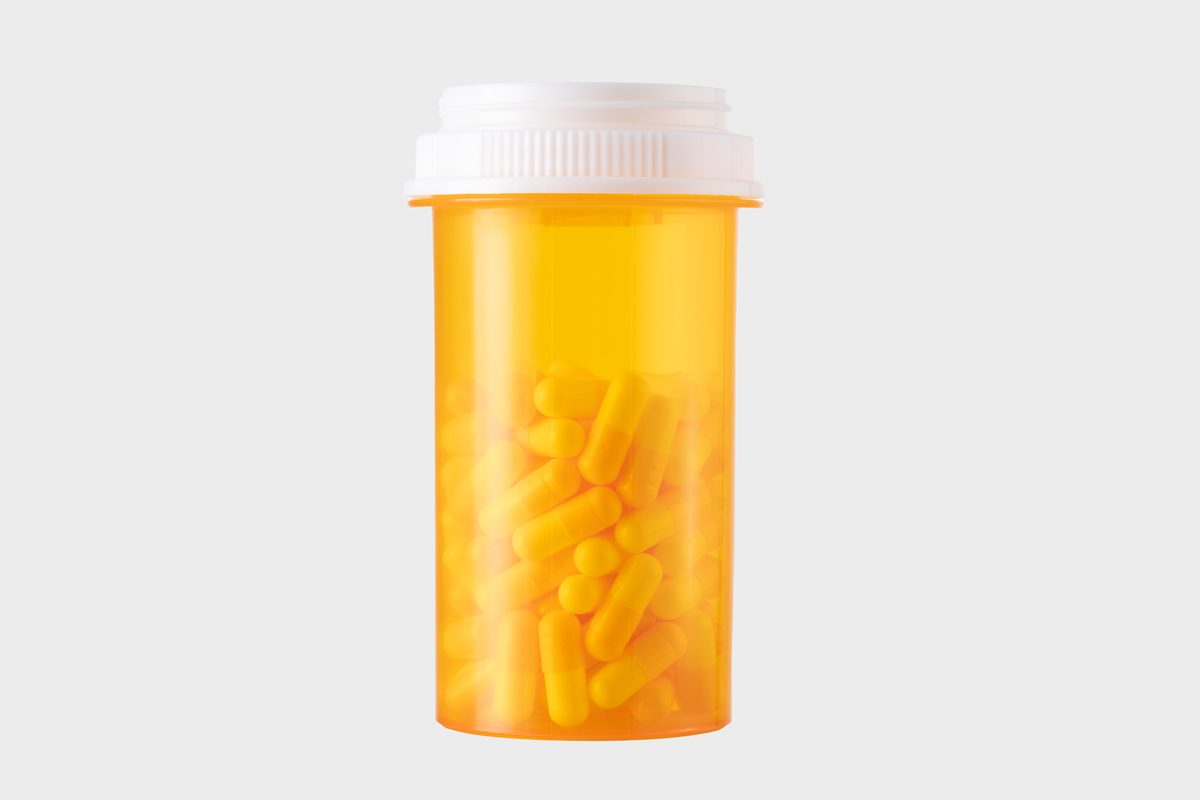A doctor specializing in treating infections explains how antibiotics work when you take them, including what they can—and can't—do.

How Do Antibiotics Work? An Infectious Disease Doctor Explains

Here’s how antibiotics work

1. They kill bacteria
You may be wondering, “What is the main purpose of antibiotics?” Dr. Yancey explains: “Antibiotics do one thing, and one thing only—they kill bacteria.” These medications are specifically designed to target and destroy bacteria, making them essential for treating bacterial infections like urinary tract infections (UTIs), bacterial pneumonia, and certain skin infections, among other conditions.
It’s important to note that antibiotics do not kill viruses, which is a common misconception that contributes to their misuse.
If you’re feeling sick, consult your doctor and they will determine whether an antibiotic is truly necessary.

2. They prevent complications of strep throat
Antibiotics prescribed for strep throat aren’t primarily intended to treat the sore throat itself. “They are given to prevent heart and kidney complications that come from those infections,” Dr. Yancey points out. Left untreated, strep bacteria can lead to serious conditions like rheumatic fever, which can damage the heart, or post-streptococcal glomerulonephritis, which affects the kidneys.

3. They reduce the risk of post-surgical infections
Surgery naturally carries a risk of bacterial infections, particularly during procedures involving the abdomen, joints, or heart. To minimize this risk, doctors often administer antibiotics before or during surgery as a preventative measure. By targeting bacteria that might enter the body during the procedure, these medications help reduce the chances of infection and support a smoother recovery, especially in high-risk operations.

4. They treat severe bacterial infections
Life-threatening bacterial infections like sepsis or bacterial meningitis require immediate treatment with antibiotics. These medications work by targeting and killing the bacteria responsible for the infection, preventing further damage to the body and reducing the risk of fatal complications.
Things antibiotics don’t do
Dr. Yancey addresses some of the most common misconceptions she hears about antibiotics. Here are four things these medications are often mistakenly believed to do, but don’t:

1. They don’t heal wounds
Antibiotics can help prevent or treat bacterial infections in wounds, but they do not physically heal cuts, scrapes, or other injuries. The healing process is driven by your body’s immune system, which repairs tissue through cell regeneration and collagen production.
Proper wound care, such as cleaning, applying dressings, and ensuring a healthy diet, is essential for recovery.

2. They don’t bring down fevers or white blood cell counts
While antibiotics may address bacterial infections that cause fever and high white blood cell counts, they don’t directly treat these symptoms. Fevers are your body’s natural response to fight infections, and elevated white blood cell counts signal immune activity. These symptoms will resolve on their own as the antibiotics eliminate the bacterial cause. Trying to use antibiotics solely to lower fever or blood cell counts is a misuse of their function.

3. They don’t restore blood flow or repair damaged tissue
Antibiotics cannot reverse tissue damage or improve circulation in areas affected by infection. For example, if an infection causes restricted blood flow or tissue necrosis (the death of cells in an area of the body due to lack of blood flow), these issues require additional medical interventions, such as surgery or specialized therapies. Healing and repair depend on the body’s own mechanisms, assisted by proper medical care.

4. They don’t target all germs
As noted earlier, antibiotics specifically target bacteria and are ineffective against viruses. Similarly, they don’t work on fungi, parasites, or other non-bacterial microbes. For example, fungal infections like athlete’s foot or ringworm and parasitic diseases such as malaria require specialized treatments beyond antibiotics.
Antibiotics are most effective when used as part of a broader treatment plan, depending on the situation. This may include wound care, hydration, rest, or preventive measures like vaccinations to reduce the risk of infection altogether. Relying solely on antibiotics without addressing these other aspects of care can contribute to antibiotic misuse.
For a daily dose of wisdom, subscribe to The Healthy by Reader’s Digest newsletter and follow The Healthy on Facebook and Instagram. Keep reading:



















